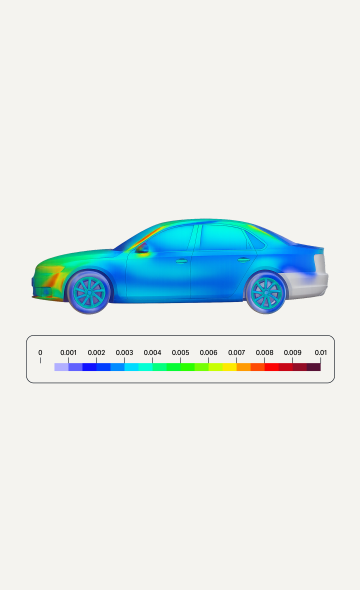Customer-obsessed science


Research areas
-
September 2, 2025Audible's ML algorithms connect users directly to relevant titles, reducing the number of purchase steps for millions of daily users.
-
Featured news
-
Workshop on AI for Cyber Threat Intelligence (WAITI) 20242024Security controls are mechanisms or policies designed for cloud based services to reduce risk, protect information, and ensure compliance with security regulations. The development of security controls is traditionally a labor-intensive and time-consuming process. This paper explores the use of Generative AI to accelerate the generation of security controls. We specifically focus on generating Gherkin codes
-
2024Probability calibration transforms raw output of a classification model into empirically interpretable probability. When the model is purposed to detect rare event and only a small expensive data source has clean labels, it becomes extraordinarily challenging to obtain accurate probability calibration. Utilizing an additional large cheap data source is very helpful, however, such data sources oftentimes
-
Transactions on Machine Learning Research2024Obtaining accurate probabilistic forecasts is an operational challenge in many applications, such as energy management, climate forecasting, supply chain planning, and resource allocation. Many of these applications present a natural hierarchical structure over the forecasted quantities; and forecasting systems that adhere to this hierarchical structure are said to be coherent. Furthermore, operational
-
2024Understanding causal relationships among the variables of a system is paramount to explain and control its behavior. For many real-world systems, however, the true causal graph is not readily available and one must resort to predictions made by algorithms or domain experts. Therefore, metrics that quantitatively assess the goodness of a causal graph provide helpful checks before using it in downstream tasks
-
PRX2024Cat qubits, a type of bosonic qubit encoded in a harmonic oscillator, can exhibit an exponential noise bias against bit-flip errors with increasing mean photon number. Here, we focus on cat qubits stabilized by two-photon dissipation, where pairs of photons are added and removed from a harmonic oscillator by an auxiliary, lossy buffer mode. This process requires a large loss rate and strong nonlinearities
Conferences
Academia
View allWhether you're a faculty member or student, there are number of ways you can engage with Amazon.
View all
































